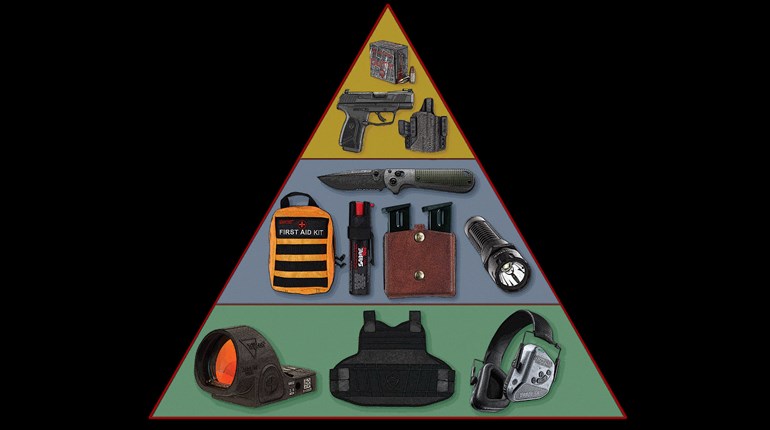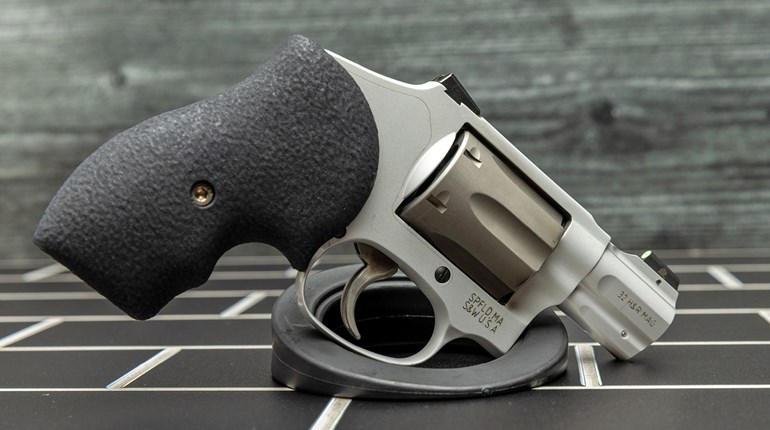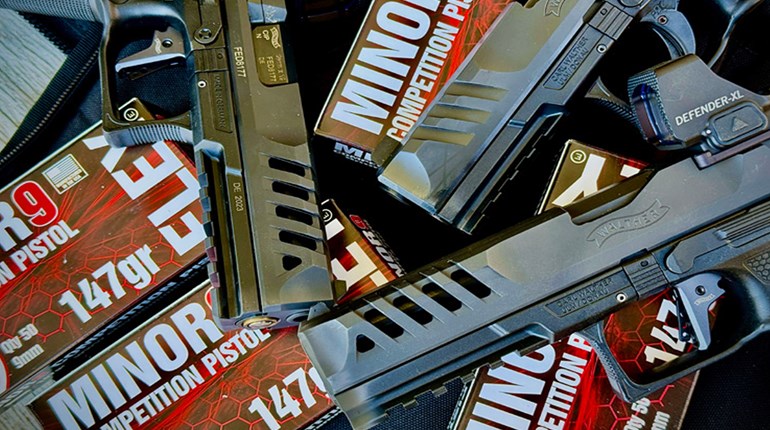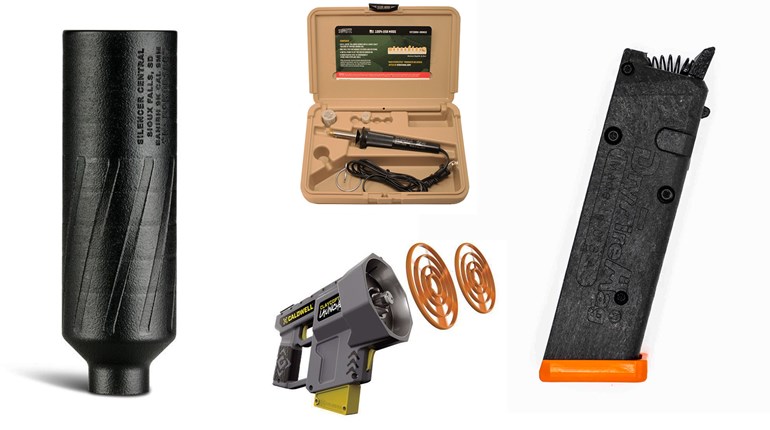
How often do manufacturers make fanciful claims about the performance of their weapon-mounted and tactical lights? Portable Lights American Trade Organization (PLATO) Executive Director Andy Skoogman admits, “It’s not an easy thing to quantify.” He said most major brands sold in North America through reputable dealers provide accurate information, “However, in raw numerical terms, when you include E-commerce and some retailers, it’s also accurate to say that there are many products offered for sale to the consumer that are way off the mark.”
PLATO was founded in 2010 with a goal of, among other things, establishing industry standards. Today, only those products tested by the organization’s protocol and certified as compliant with the standards can wear any of the organization’s seven different ANSI/PLATO FL1 icons. The figures provide enthusiasts an accurate comparison of lumen output, run time, beam distance, peak beam intensity, impact resistance, water resistance and waterproof rating.
It’s reliable information and potentially lifesaving in self-defense systems. Late last year, guidelines became even more stringent, partly because—according to Skoogman— “The new standard also reduces the chances a supplier will make false or misleading claims about the performance of products, either by mistake or otherwise.”
Manufacturers invest considerably to meet the guidelines.
“Providing standard measurements is time consuming and demands many hours of rigorous testing for each product by our engineering team,” said Michael F. Dineen, vice president of Sales and Marketing at Streamlight—one of the companies instrumental in establishing PLATO. “The end result is that customers are able to rate and compare the most important features of our lighting tools…”
“We serve a particularly demanding customer base—law enforcement—where the stakes for mission-critical products are high,” ASP Inc. (Armament Systems & Procedures) Vice President Michael Hess said. “Probably no product on an officer’s belt gets more use than a flashlight, and it is not overly dramatic to say that it’s a tool with life-and-death implications. So, it is crucial to us that we make promises we can keep, test our products to the highest and most consistent standards and that our products are compared objectively to those of other best-in-class companies who share our commitment.”
ASP was one of the founders of PLATO, and Hess reassuringly noted many companies that are not members still produce quality gear. “Higher-end, reputable brands tend to have higher standards and don’t take chances with their reputations or risk liability,” he said. “They may or may not all adopt and implement PLATO testing and standards, but for the most part we find that they do make an effort to be honest and accurate in their claims.”
For example, if a company says its flashlight produces 5,000 lumens, but only for 30 seconds, this is important to know. A more reputable company might explain how it achieves 1,000 lumens, but for a longer period of time. Space for icons in advertising and on packaging is limited, too. There’s no requirement for inclusion of all of FL1-2019 qualifications on marketing materials, so consult the manufacturers web page or contact them directly before making your next purchase decision.






































